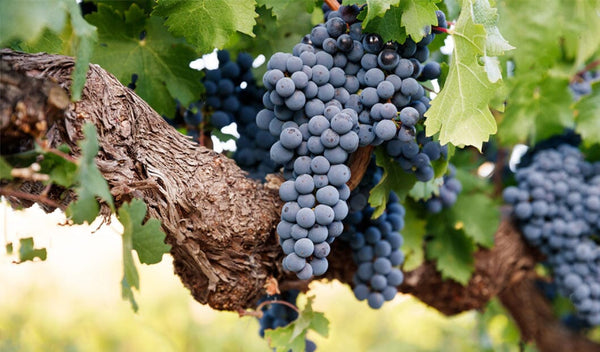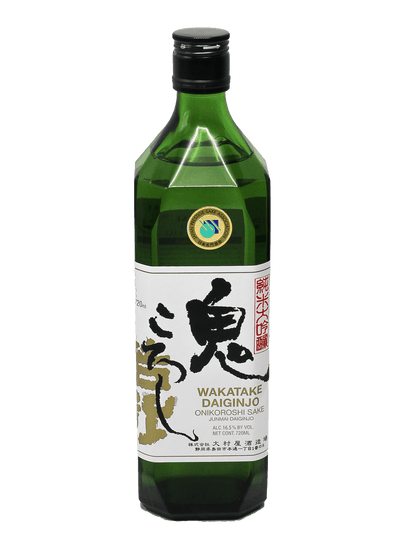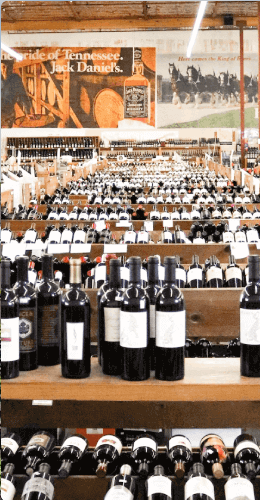Preserving California's Old Vines Heritage

When California wine enters the conversation, Cabernet Sauvignon, Napa Valley, and Sonoma County usually take center stage. Yet, there's an unsung hero in the world of Californian viticulture – Zinfandel. The tale of Zinfandel is tightly bound to the preservation of old vines and the art of dry farming, all set against the backdrop of California's picturesque landscapes. From its base in Sonoma County, Bottle Barn offers both old vine and dry farmed wines, which often overlap in the case of Zinfandel. You can easily make these choice when you order wine online.
Old Vines: Guardians of History
Old vines, also affectionately termed "heritage vines," are the silent witnesses of California's wine legacy. These weathered and gnarled vines, typically aged 50 years or more, carry stories etched in their very roots. They are more than just relics; they are living archives of the state's winemaking heritage. The Historic Vineyard Society (HVS), a custodian of these vineyards, has established a registry to ensure their preservation.
The significance of old vines goes beyond nostalgia. Over the years, they've acclimated to their surroundings, developing deep, resilient root systems. This adaptation allows them to flourish in the diverse terroirs of California and, in the case of Zinfandel, produce grapes of unparalleled quality.
Championing Dry Farming
In a region where water resources can be scarce, dry farming, or the cultivation of grapevines without irrigation, is a practice of both tradition and necessity. Dry farming hinges on nature's generosity, relying solely on rainfall and the moisture retained in the soil. When it comes to old vines, particularly in the context of Zinfandel, dry farming is the natural choice.
Dry farming prompts vines to cultivate deep, hearty root systems that penetrate the earth in search of moisture. The result is robust vines with access to an array of soil nutrients. This method is prevalent in regions like Lodi and Amador County, where old Zinfandel vines dominate the landscape. The union of ancient vines and dry farming yields wines that bear intense flavors, concentration, and a distinct sense of place. You can taste the difference when you buy wine online.
California Zinfandel: A Storied Past
Zinfandel's history is shrouded in intrigue and debate regarding its origins. Still, its roots have undeniably found a home in California since the mid-19th century. During the Gold Rush era, Zinfandel proliferated throughout California, earning favor with early winegrowers due to its adaptability and vigor. Today, Zinfandel is considered California's "heritage grape."
This grape thrives in California's diverse microclimates, from the cool reaches of Sonoma to the sun-kissed valleys of Paso Robles and Lodi. Zinfandel's adaptability to varying conditions allows it to express its unique character, from graceful and spicy to bold and fruit-driven. The best wine store California has a hand curated selection of these wines.
Tasting the History in Old Vine Zinfandel
Old vines play an indispensable role in shaping Zinfandel's character. Their deep, exploratory roots tap into the earth's hidden treasures, yielding grapes with remarkable depth and a strong sense of terroir. This also frequently allows for dry farming. Weathered by years of capricious California weather, these vines embody resilience.
Old vine Zinfandel teems with complexity. Expect to uncover a tapestry of flavors – dark berries such as blackberry and black cherry intertwined with traces of spice, pepper, and a touch of bramble. These wines are renowned for their bold, full-bodied presence and enduring finishes. The tannins, expertly woven, deliver a luscious, velvety texture that elevates the overall appeal of the wine.
Protecting the Past: Historic Vineyard Society
In the face of urban expansion and economic pressures, there is a burgeoning movement in California dedicated to safeguarding these precious old vineyards. The Historic Vineyard Society, with its extensive registry, is at the forefront of this mission. Their work not only recognizes the vines' contribution to wine quality but also honors their historical and cultural importance.
Several wineries have taken up the mantle of producing wines exclusively from old vine Zinfandel, cherishing the unique flavors and narratives that these vines offer. The commitment to preserving California's viticultural heritage is an homage to Zinfandel's lasting legacy.
The relationship between the preservation of old vines, the practice of dry farming, and California Zinfandel is a captivating journey through the annals of California's winemaking history. Old vines, many of them nurtured through dry farming, continue to yield extraordinary Zinfandel wines that epitomize the resilience and adaptability of heritage vines.
As wine enthusiasts, we have the privilege to savor the rich tapestry of California's viticultural history with every sip of old vine Zinfandel. These wines offer not just a taste of California's past but also a glimpse into its promising future. So, when you raise a glass of Zinfandel, toast to the old vines, dry farming, and the enduring heritage of California winemaking, championed by the Historic Vineyard Society.


















Leave a comment